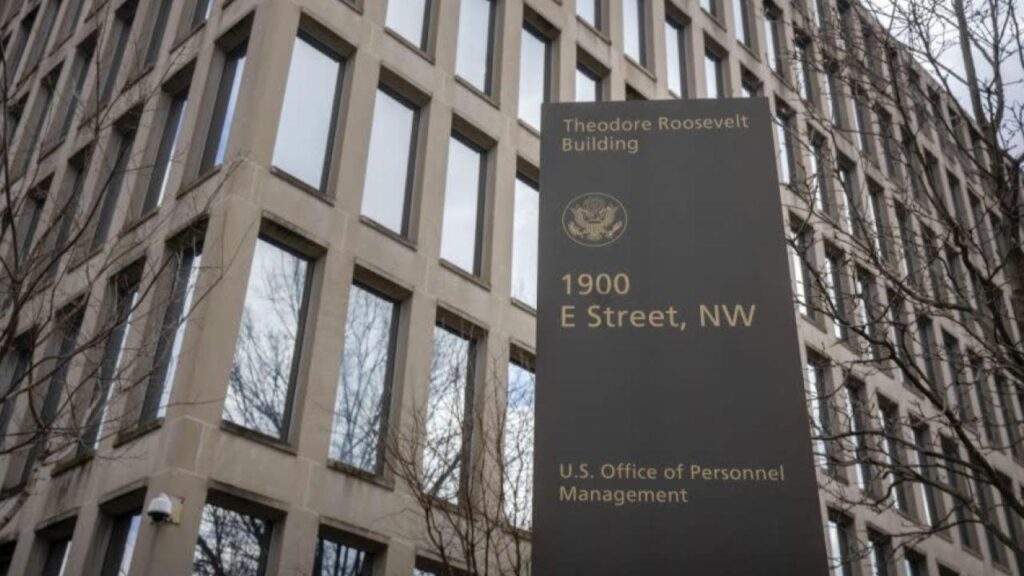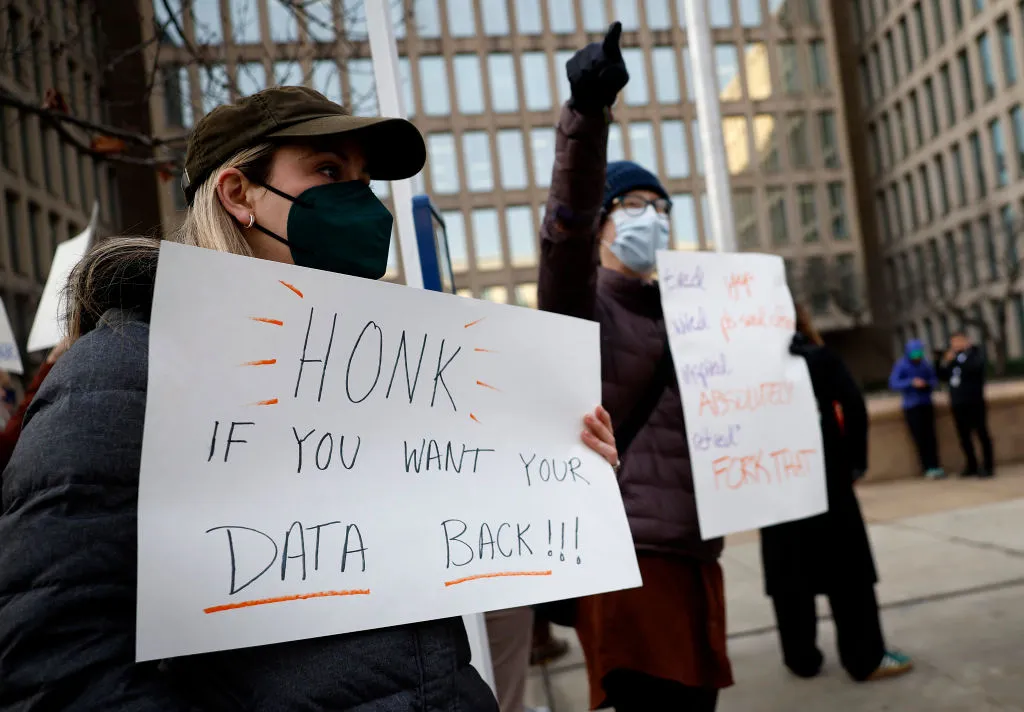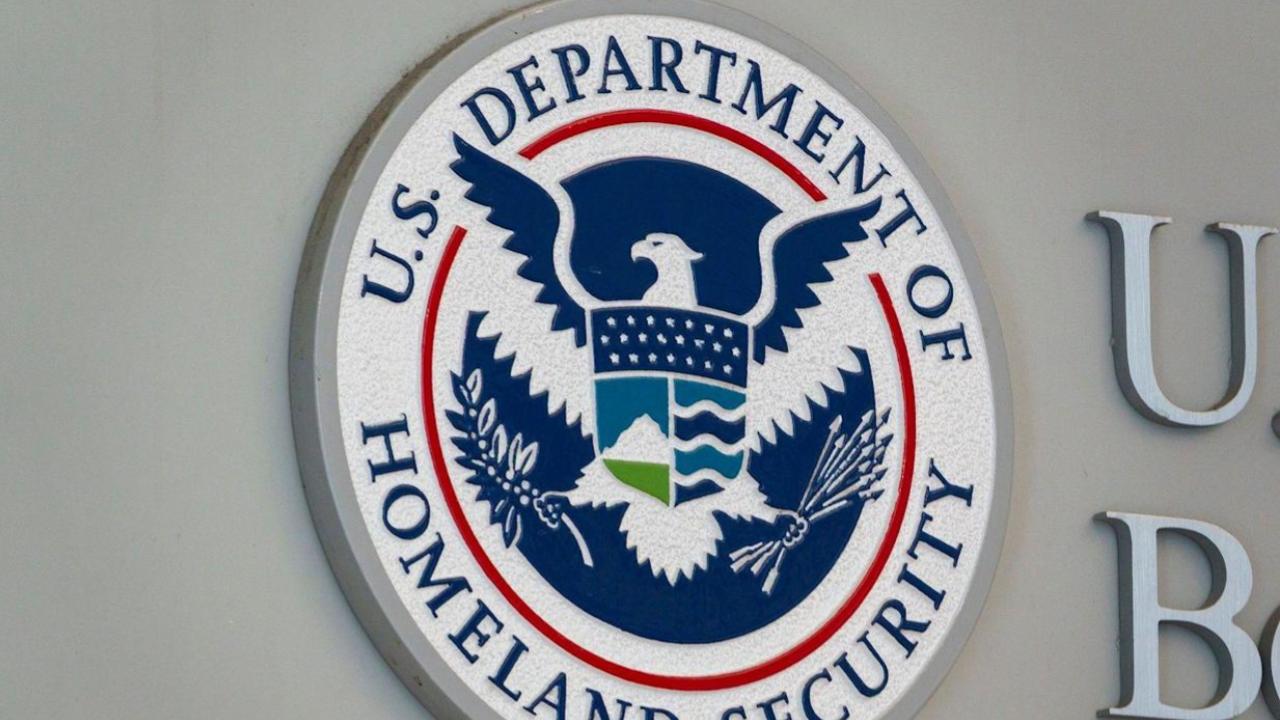A major legal development has taken place in the world of federal data privacy. On June 10, 2025, U.S. District Judge Denise Cote issued a preliminary injunction against the Office of Personnel Management (OPM), ruling that the agency had unlawfully shared sensitive data with the Department of Government Efficiency (DOGE), an agency led by tech mogul Elon Musk. This ruling has significant implications for the future of privacy in the public sector and raises serious concerns about the security of personal information within federal databases.

Federal Judge Slams OPM for Illegal Data Sharing with DOGE
This legal battle is far from over, but the ruling marks a significant moment in the ongoing conversation about privacy and data security in the federal government. As more agencies seek to modernize and embrace new technologies, ensuring that privacy protections are not sacrificed in the name of efficiency will be a critical issue to address.
While the future of DOGE’s data access remains uncertain, this ruling sets a clear message: personal data must be treated with care and in compliance with established privacy laws. For federal employees and citizens alike, it’s a reminder that privacy is an ongoing concern that demands vigilant oversight and legal protection.
Judge’s Ruling and the Case Background
The case stems from a lawsuit filed by several federal employee unions, alleging that the OPM, which handles the personnel data of federal workers, improperly granted access to its records to DOGE without proper authorization. The unions claim that this data-sharing violated the Privacy Act, which is designed to safeguard the personal information of government employees.
Judge Cote’s decision has made it clear that the OPM violated this Act, which protects the privacy of individuals whose information is held by federal agencies. In the ruling, Cote ordered that the data shared with DOGE be “impounded and destroyed” to ensure that no unauthorized use occurs. The ruling has highlighted the risk of bypassing established cybersecurity protocols, especially when dealing with sensitive federal data.
“This decision underscores the importance of protecting personal data and following proper procedures when handling information that belongs to federal employees,” Judge Cote wrote in her opinion.
The Role of DOGE in the Controversy
The Department of Government Efficiency (DOGE) was created with the intent to streamline federal operations, reduce waste, and promote government efficiency. However, under the leadership of Elon Musk, DOGE has taken a controversial approach by aggressively seeking access to government data in a bid to overhaul and modernize federal systems.
Critics of DOGE argue that the agency’s data-sharing approach places personal privacy at risk and lacks adequate cybersecurity safeguards. While DOGE’s goals of improving government operations are commendable, the controversy surrounding the misuse of personal data raises concerns about the agency’s oversight and handling of sensitive information.

The case brought by federal unions against DOGE’s access to personal data is part of a broader trend of public unease regarding how government agencies, particularly those involved in technological advancements, manage and share data. Although DOGE has argued that its mission is to improve the efficiency of the federal government, the judge’s ruling points to the dangers of circumventing established privacy protections.
What This Means for Privacy in the Federal Government
This ruling serves as a stern reminder of the growing concerns surrounding data privacy and the handling of personal information within the public sector. It has raised alarm bells about the potential risks of unauthorized data sharing between government agencies and the lack of transparency in how sensitive information is handled.
Federal employees, whose personal data is stored in OPM databases, should feel more secure knowing that the court has intervened to stop the potential misuse of their personal information. This case, however, could have far-reaching consequences for future data-sharing policies, with implications for both government employees and citizens who interact with federal agencies.
Moreover, this ruling places a spotlight on the federal government’s need to adopt stronger cybersecurity measures to ensure that personal data is kept safe. It’s clear that agencies like OPM and DOGE will now have to follow more stringent protocols to ensure compliance with privacy laws and to protect the public from potential breaches.
Future Legal Implications and Moving Forward
As the legal battle continues, the scope of the injunction is likely to be expanded, with further proceedings expected to address the long-term implications of the ruling. In the meantime, federal agencies will likely have to reconsider how they share data and who has access to that information.
The case may set a precedent for how future administrations and agencies deal with data sharing, particularly when it comes to the intersection of technology and privacy. If DOGE’s access to OPM data is ruled to be illegal, other government programs that involve data-sharing agreements could face increased scrutiny, and agencies may need to revise their practices to comply with stricter privacy protections.
While Elon Musk and DOGE’s ambitious goals to transform government operations are widely acknowledged, this case has raised important questions about the potential for misuse of sensitive data and whether the right checks and balances are in place to protect individual privacy. For now, Judge Cote’s ruling serves as a victory for privacy advocates and federal employees who demand that their personal data be handled with the utmost care and respect.






